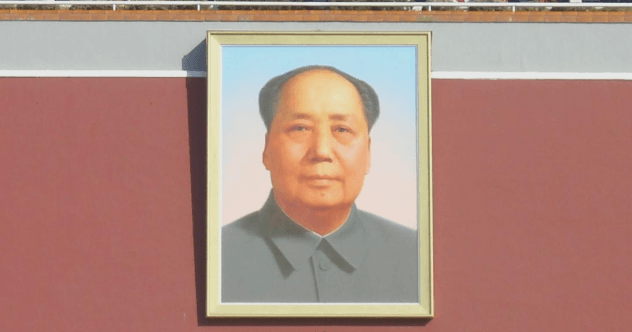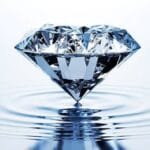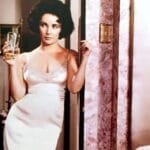Adolf Hitler, Josef Stalin, and other mass-murdering 20th-century dictators are often seen as some of the worst people in history. While most modern societies denounce them, Mao Tse-tung, the leader of China from 1949 to 1976, still garners respect in his home country. Responsible for an estimated 50–75 million deaths, making his reign the bloodiest in human history, Mao’s legacy is complex and controversial.
Mao was a ruthless leader who didn’t tolerate any opposition. His disastrous Great Leap Forward and Cultural Revolution programs led to widespread catastrophe, violence, and famine. Despite the devastation, some view him as a visionary who transformed China for the better. Let’s delve into ten extraordinary facts about this historical figure.
He Came from A Peasant Family
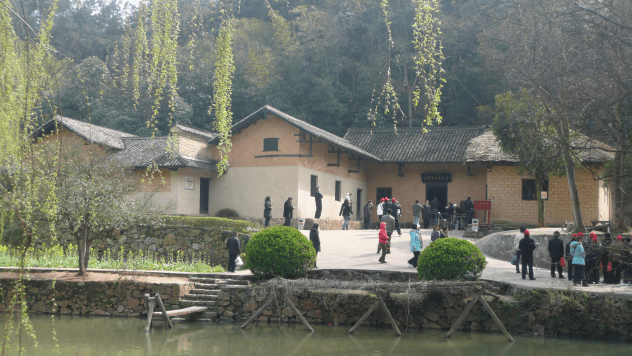
Born on December 26, 1893, in Shaoshan, Hunan, Mao Tse-tung had humble beginnings. His mother, Wen Qimei, was a kind Buddhist, while his father, Mao Yichang, was a strict Confucian. Yichang, through hard work and lending money, became one of the wealthiest families in the village. This allowed Mao to attend school, where he loved to read. However, he was often rude and rebellious, leading to multiple expulsions. Despite this, he excelled in his studies and learned about the world beyond his isolated village.
He Was First Married At Only 14 Years Old
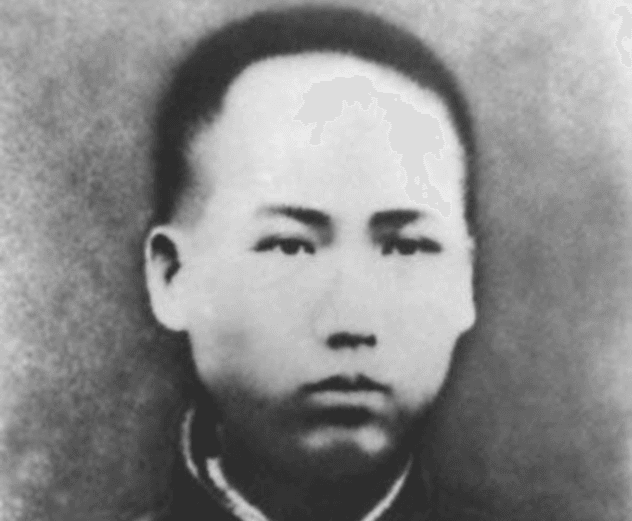
Mao’s first marriage occurred in 1908 when he was just 14. His bride, Luo Yigu, was an 18-year-old cousin chosen by their fathers. Mao was unhappy with the arrangement and reportedly wanted to marry another cousin, Wang Shigu, but the horoscopes didn’t align. Mao refused to sleep with Luo, viewing her as an obstacle to his studies. Shortly after the wedding, he left home, causing a scandal. Luo stayed with Mao’s family and died of dysentery before her 20th birthday. Mao showed no regret, later stating, “I do not consider her my wife.”
He Was An Accomplished Poet
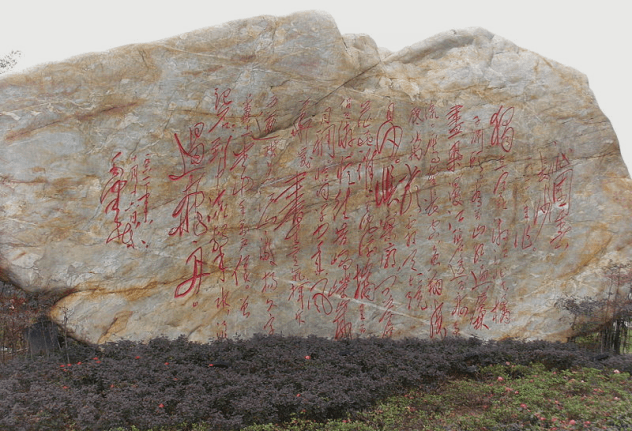
Despite being a mass-murdering leader, Mao was also known for his poetry and writing style. Even some Western scholars have acknowledged his poetic talent. Mao favored classical literature and wrote in classical styles. His first book of poems was published in January 1957. His poems became incredibly popular, taught and memorized in schools. During the Cultural Revolution, devotees carved lines from his poems onto everything from grains of rice to mountain walls.
He Wrote The Second-Most-Printed Book Of All Time
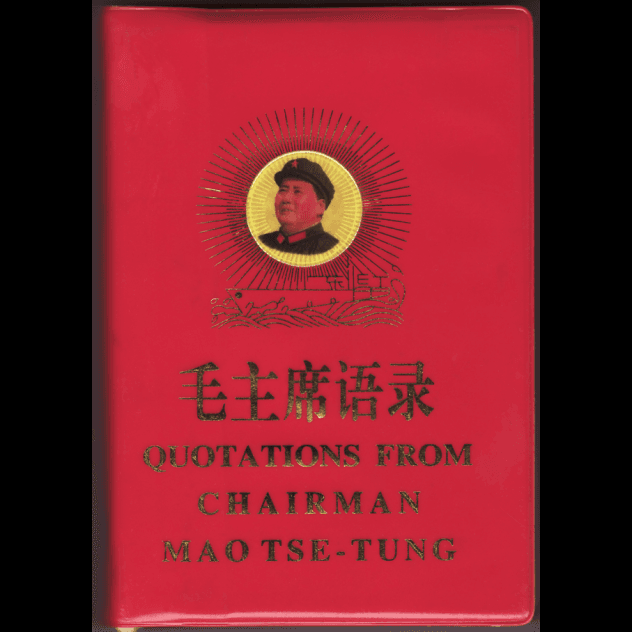
Quotations from Chairman Mao Tse-Tung, or The Little Red Book, is the second-most printed book in the world, after the Bible. Initially printed in 1964 for the People’s Liberation Army, it became a holy text during the Cultural Revolution. Citizens were forced to study and memorize passages. From 1966–71, over one billion official copies were published. The book influenced people worldwide, with Maoist groups forming in various countries. After Mao’s death, the Chinese government withdrew over 100 million copies, blaming it for “widespread and pernicious influence.”
He Allowed Intellectuals To Criticize His Government And Then Turned On Them
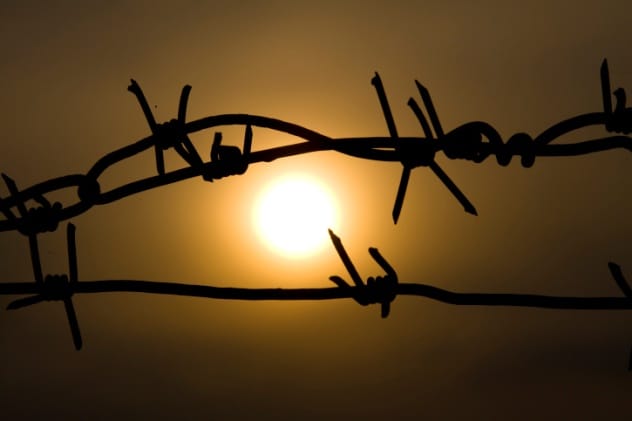
Mao’s Hundred Flowers Campaign, announced in February 1957, allowed writers and intellectuals to freely criticize the government, provided they offered solutions. Initially skeptical, critics eventually spoke out, calling for reforms. By summer, Premier Zhou Enlai received millions of critical letters. Mao then launched the Anti-Rightist Campaign, rounding up over 550,000 people suspected of criticizing the government. Critics were banned from writing, exiled, or executed. Mao later remarked that the campaign had “enticed the snakes out of their lairs.”
He Loved To Swim
Mao strongly encouraged physical education and was fond of swimming. In one event, the 72-year-old Mao swam 16 kilometers (10 mi) in little more than an hour during the Cross-Yangtze Competition. The media celebrated this as a sign of his power. In 1958, during a visit from Soviet Premier Nikita Khrushchev, Mao invited Khrushchev for a swim to intimidate him. Khrushchev, unable to swim well, was given water wings while Mao confidently swam in the deep end.
He Was A Shameless Pervert
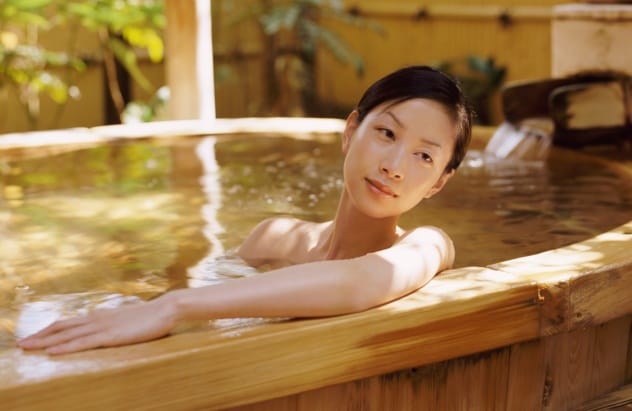
Dr. Li Zhisui, Mao’s private doctor, published The Private Life of Chairman Mao in 1994. The book revealed scandalous details about Mao’s life, including that he never bathed, brushed his teeth, or washed his hands. He had a very active sex life, often preferring young women and underage teenagers. He organized nude water ballets in his swimming pool and knowingly spread a sexually transmitted disease to numerous women, who viewed it as a badge of honor. Li described Mao as “devoid of human feeling, incapable of love, friendship, or warmth.”
He Was A Feminist
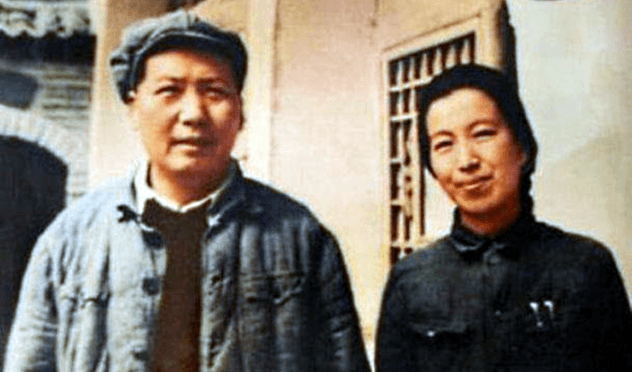
Despite his treatment of women, Mao considered himself a champion of women’s rights. He wrote essays against arranged marriage and argued for equal rights, including the rights to divorce, go to school, and inherit property. After the People’s Republic of China was established, the Marriage Law of 1950 outlawed arranged marriage and allowed women to divorce, remarry, and buy property. China’s constitution promised women “equal rights with men” in all aspects of life, although discrimination persisted.
His Son Died In The Korean War
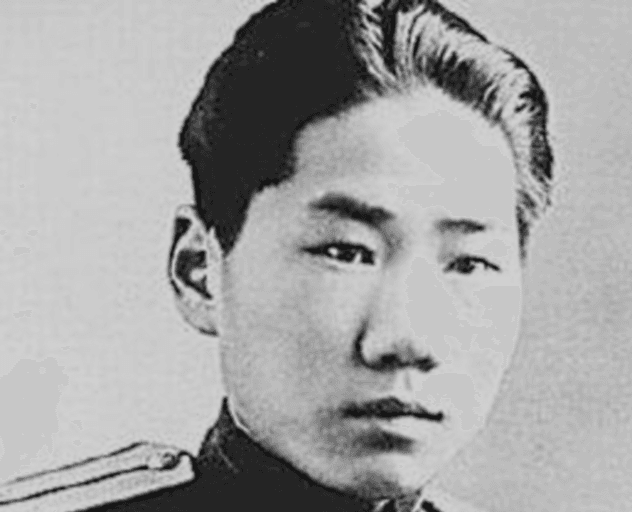
During the Korean War, Mao insisted that China send troops to help North Korea, viewing it as an opportunity to show strength. Mao’s 28-year-old son, Anying, was among the soldiers. Despite concerns from other leaders, Mao allowed Anying to fight, stating, “Who will go if my son doesn’t?” Anying died in an American bombing raid a month into the Chinese intervention. Mao was grief-stricken upon hearing the news, remarking, “It was his misfortune to be Mao Tse-tung’s son.”
He Dramatically Improved His People’s Well-Being
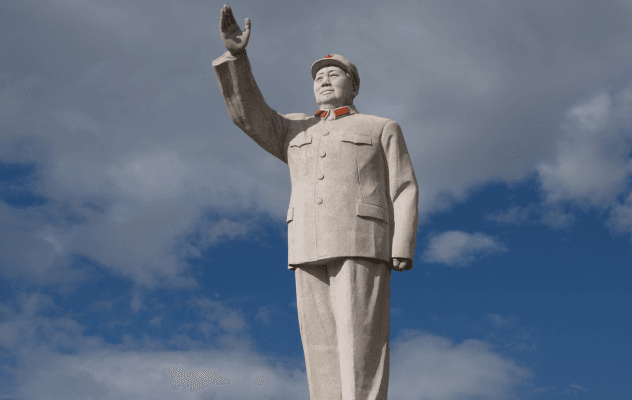
Despite his cruel actions, Mao’s government improved the well-being of the average Chinese person. In 1949, the average life expectancy was only 36 years. The communists launched public health care and hygiene programs, increasing life expectancy to 64 years by the late 1970s. Mao also increased mass literacy by establishing new schools and simplifying the Chinese writing system. The adult literacy rate rose from 20 percent in 1949 to 66 percent by 1979.
Mao remains popular among many Chinese people, who view him as a symbol of egalitarianism and righteousness. Taxi drivers display his picture as a good luck charm, and peasants keep Mao statues in their homes.
What are your thoughts on Mao’s complex legacy? Leave your comment below!


